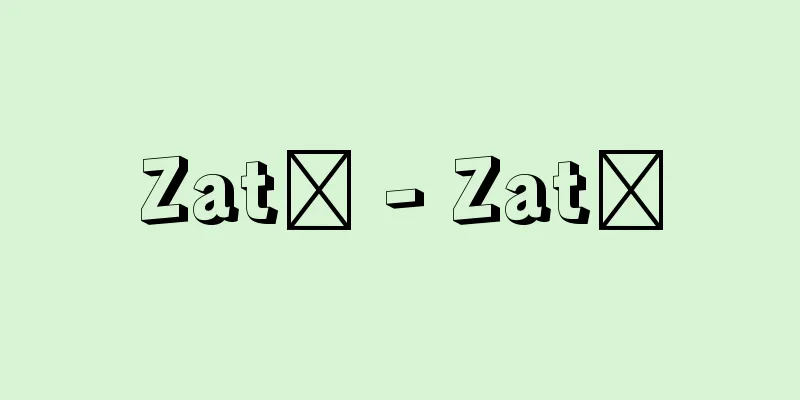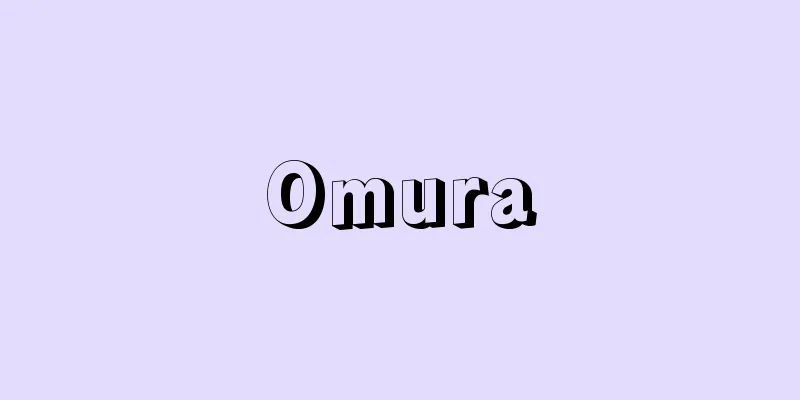unica

|
...Therefore, the first characteristic of prints is that there are multiple identical prints. However, there are exceptions, such as early European prints called unicas, which are of which only one copy remains, and some that were made using the monotype method, which allows prints to be made only once. As a characteristic of prints that stems from their plurality, they were produced in Europe from the early days as amulets for pilgrims and as cards for games. ... *Some of the terminology explanations that mention "unica" are listed below. Source | Heibonsha World Encyclopedia 2nd Edition | Information |
|
…したがって,まったく同一のものが複数あるということは版画の第1の特徴である。ただし例外として,初期のヨーロッパの版画でウニカunicaと呼ばれて,ただ1点しか現存しないものがかなりあり,またモノタイプmonotypeという1回くらいしか刷ることのできない方法でつくられたものもある。版画の複数性に由来する特色として,ヨーロッパでは初期から巡礼用のお守札として,またゲーム用のカードとしても生産された。… ※「unica」について言及している用語解説の一部を掲載しています。 出典|株式会社平凡社世界大百科事典 第2版について | 情報 |
Recommend
Takuhan - Takuhan
A relief printing technique in which paper is plac...
Tousei
〘 noun 〙 Going out into the fields and playing on ...
Veronicastrum sibiricum var. australe (English spelling) Veronicastrum sibiricum var australe
… [Kei Yamazaki]. … *Some of the terminology that...
Alpweiden
...Generally, coniferous forests are densely popu...
Pandorina morum Bory
This organism is made up of 16-32 spherical or nea...
Thaton (English spelling)
A city in Mon State in southeastern Myanmar. It is...
Regular seat - Joza
1. French. Sit down. Meditation All To enter. 2. I...
Territorialismus (religionis)
In medieval Europe, the idea that the lord of a te...
War between the States
...Other names used by the Union side include &qu...
Okochi clan - Okochi clan
...A fudai-chu domain with its headquarters in Ta...
Hayato
Located in the northeastern part of Kagoshima Pref...
euphemism
…Words referring to clothing worn directly on the...
Cucurbita pepo (English spelling) Cucurbitapepo
...In addition, it is resistant to soil-borne fus...
Kyomaru rhododendron - Kyomaru rhododendron
…In the forests on the island's hillside, the...
International commodity agreement
An intergovernmental agreement to promote interna...









